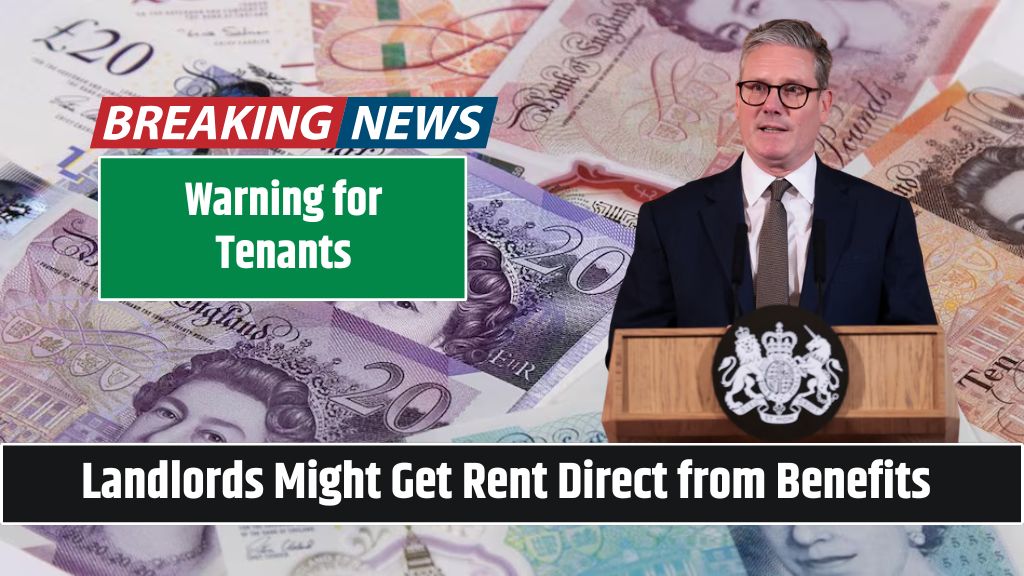The UK government has announced major reforms to the benefits system, aiming to make it fairer and prevent low-income individuals from falling into debt. The decision follows a legal ruling that found the current process of automatic benefit deductions for rent payments unfair. Work and Pensions Secretary Liz Kendall MP has vowed to “right the wrongs” of the system, ensuring that claimants are treated fairly while landlords receive their payments in a proportionate manner.
The Issue with Automatic Benefit Deductions
Currently, the Department for Work and Pensions (DWP) allows landlords to automatically deduct up to 20% of a claimant’s Universal Credit payment each month to cover unpaid rent. This process happens without consulting the tenant or verifying disputes regarding rent arrears or property conditions.
Concerns have been raised that rather than helping tenants avoid eviction, this system is pushing vulnerable people further into debt. The issue was highlighted in a recent court case where claimant Nathan Roberts successfully challenged an unfair deduction from his benefits.
Government’s Response and Planned Reforms
In response to the court ruling, the DWP has confirmed it will not appeal the decision. Instead, it will review the automatic deduction system and consider more balanced ways to ensure landlords receive payments while protecting tenants from financial hardship.
Work and Pensions Secretary Liz Kendall MP stated:
“I am determined to right the wrongs that have persisted in the benefits system for too long. The automatic approval of landlords’ requests for tenants’ benefits to be deducted is one of these.”
She also emphasized that the government is committed to making the welfare system fairer and implementing major health and disability benefits reforms.
Reducing Universal Credit Deductions
A significant change coming in April 2025 is the introduction of the Universal Credit Fair Repayment Rate. This policy will:
- Reduce the maximum deduction from benefits from 25% to 15%
- Benefit around 1.2 million households
- Increase monthly take-home payments, making claimants £420 better off per year on average
This reform is part of the government’s Plan for Change, which aims to improve living standards and drive economic growth.
Broader Reforms to the Benefits System
The UK government is also planning a wider review of Universal Credit to ensure it:
- Helps more people get into work
- Makes work financially rewarding
- Reduces poverty levels
Minister for Social Security and Disability Sir Stephen Timms MP reinforced this commitment, stating:
“The benefits system needs urgent reform, and we are taking action across the board to do this… All of this will lead to better support for those who need it and open doors for those who can work.”
The UK government is making significant changes to the Universal Credit system, focusing on fairness, financial stability, and employment opportunities. By reducing automatic benefit deductions and capping repayment rates, the reforms aim to prevent vulnerable claimants from falling into debt. With a wider benefits review on the horizon, the government seeks to create a welfare system that supports people in need while encouraging economic growth.
Source: Link
FAQ’s
What changes are being made to Universal Credit deductions?
The UK government is reviewing automatic landlord deductions and reducing the maximum Universal Credit repayment rate from 25% to 15% starting in April 2025.
Why is the DWP reviewing benefit deductions?
A court case highlighted unfair deductions, where tenants’ benefits were automatically reduced for rent without their consent. The DWP will now ensure a fairer system.
How will the Universal Credit Fair Repayment Rate help claimants?
The new repayment cap will allow around 1.2 million households to keep more of their benefits, making them £420 better off per year on average.
Will landlords still receive rent payments through Universal Credit?
Yes, but the government will develop a fairer system that balances tenant protection with ensuring landlords receive owed rent in a reasonable manner.
What other changes are planned for the benefits system?
The government is conducting a wider review of Universal Credit to improve employment opportunities, make work pay, and reduce poverty.
